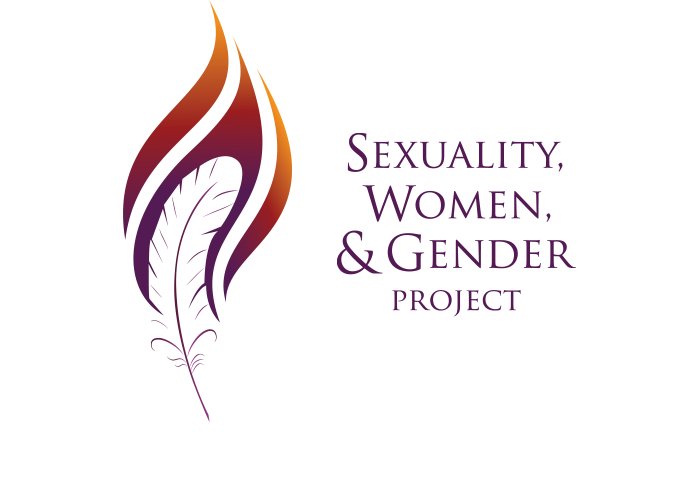Thursday, January 28 at 4:00 PM - 8:00 PM in EST
Join us for a panel about how games (indie and beyond) integrate exploration of marginalized identities and can facilitate growth and catharsis for players. We will begin to question how games can be used to promote player empowerment, but also to promote awareness for those who occupy identities with power and privilege.
The panel will be followed by an informal games showcase that will give you a chance to play the hottest games that explore identity in digital, real world, and card or boardgame formats.
Panelists include:
Professors Naomi Clark (NYU), Mary Flanagan (Dartmouth), Joey Lee (Teachers College Columbia University), as well as, Sara Cornish (Games For Change)
Moderated by:
Austin Walker, games journalist
FLYER: https://drive.google.com/file/d/0BxaYmlYQR4VoMmV3WVVMRWR0R0E/view?usp=sharing
Location:
close to the 116th and Broadway 1 train, or a short walk from the 125th ABCD stop in Harlem.
Between Broadway and Amsterdam on 120th street -
Teachers College, Columbia University
525 West 120th Street
Enter with a photo id through Zankel Hall (only building with wheelchair ramp, red brick)
Panel is in Milbank Chapel at 4pm
Games showcase starts at 5:30ish in Everett Lounge.
Facebook page: https://www.facebook.com/events/531464187031795/
***************************************************************************************
Also attendees: if you have games that you have made or other games that you love and want to play (that address our topic - identity and/or marginalization), feel free to reach out to Jason about being involved in the exhibition: jhw2156@tc.columbia.edu
Student work is totally welcome, but just make sure it is playable!




























